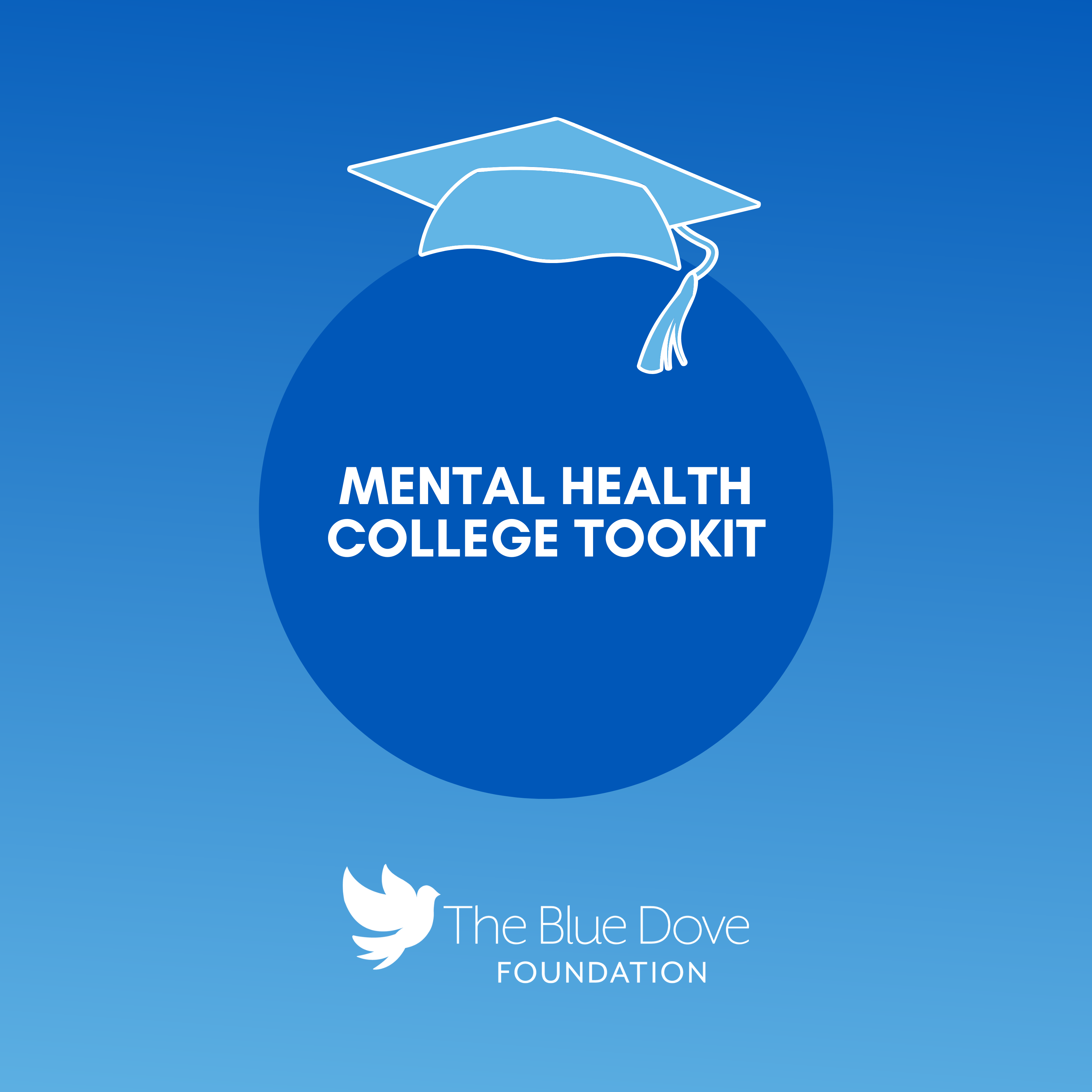Think about active inclusivity in the context of Shabbat. You and your guests have shown up. Whatever else is happening outside of Shabbat dinner, you are together in community. How do you ensure everyone who walks through the door feels seen and cared for?








